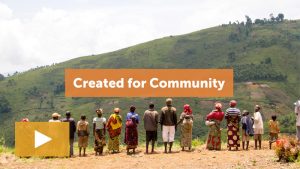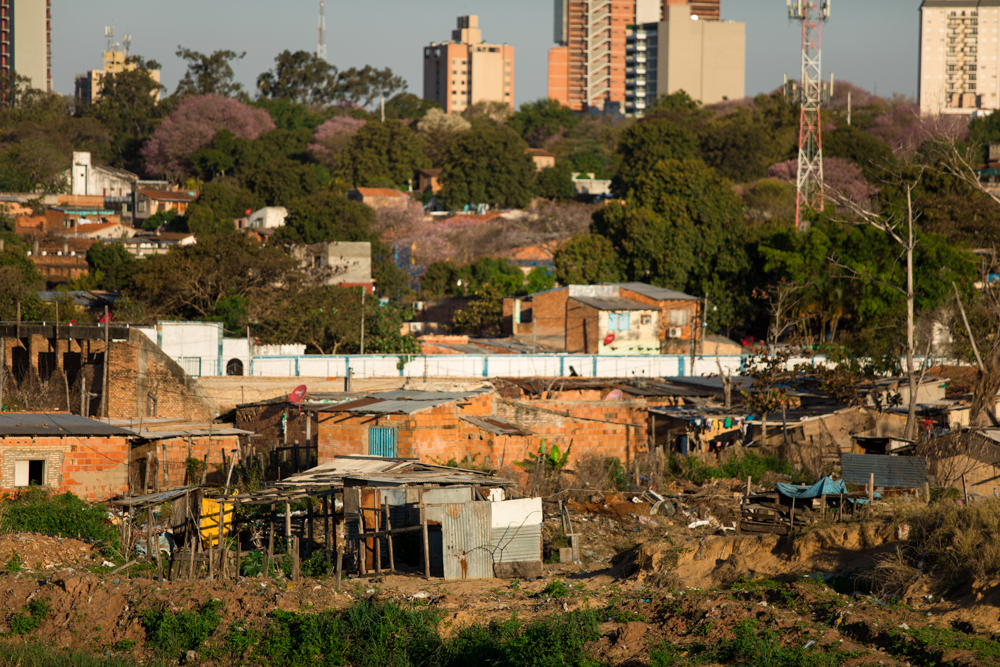Header image: slum neighborhood of Asunción, Paraguay
In the 1990s, the World Bank interviewed more than 60,000 individuals living in low-income countries, asking one primary question: What is poverty?
When asked this question, Western audiences often respond with what those in poverty lack: food, money, clean water, etc. But the families interviewed by the World Bank described poverty in much more multidimensional terms, naming the lack of options, strained relationships, low self-esteem, and feelings of helplessness.
A HOPE staff member once asked a savings group in Rwanda the same question—how do you define poverty? Most of their descriptions framed their experience of poverty as emotional and relational:
Not knowing God
No hope or belief in yourself, knowing you can’t take care of your family
Poverty is a consequence of not sharing
Isolation
Lack of good thoughts
Not having basic things to eat
Broken relationships
Poverty is an empty heart
Not having money
Not knowing your abilities and strengths
Not being able to make progress
Finding community on the margins
Just south of Rwanda, in neighboring Burundi, the Batwa are an ethnic group making up less than 2 percent of the country’s population, having historically been marginalized in society with little access to education, employment, land ownership, or financial services. In 2016, HOPE began working with two church partners to serve Batwa families through savings groups. A year later, one partner’s program had grown to serve 1,297 men and women.
 Amelie, pictured here, is part of a savings group made up of Batwa and non-Batwa members. “Other people used to ignore us as if we were animals,” she remembers. “Now we are people just like others.” Eager to share the restorative impact of their new-found community, Amelie says, “Our savings group is all about people, and we invite others to join because our savings group is about restoring hearts.”
Amelie, pictured here, is part of a savings group made up of Batwa and non-Batwa members. “Other people used to ignore us as if we were animals,” she remembers. “Now we are people just like others.” Eager to share the restorative impact of their new-found community, Amelie says, “Our savings group is all about people, and we invite others to join because our savings group is about restoring hearts.”
Central to HOPE’s holistic approach to poverty alleviation is our desire to see clients drawn out of isolation and into healing community. Our prayer is that men and women are drawn into deeper communion with their community, their local church, and ultimately, their Creator.
 No matter where we live or what our income is, we’re all familiar with feelings of loneliness. Discover the power of Christ-centered community to fight poverty and call us out of isolation into flourishing. Watch “Created for Community.”
No matter where we live or what our income is, we’re all familiar with feelings of loneliness. Discover the power of Christ-centered community to fight poverty and call us out of isolation into flourishing. Watch “Created for Community.”
















